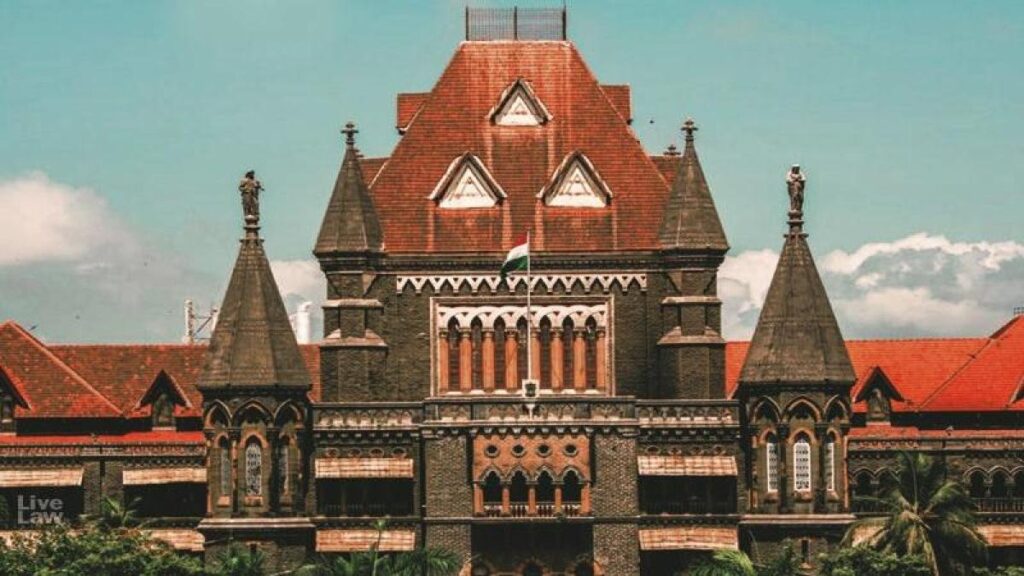Radhika Mittal
The Indian Government has recently approved the appointment of five lawyers as judges of the Bombay High Court. This marks to a significant step in addressing the ongoing judicial backlog and staffing shortages at one of India’s busiest courts.
The Appointees name’s are as follows:
1.Advocates Abhay R. Rane,
2.Anil J. Dange,
3.Sandeep K. Shinde,
4.Sandeep J. Patil, and
5.Ranjit B. Kharat
The above Appointees —are expected to contribute to alleviating the pressure on the court, which currently faces a staggering 5.88 lakh pending cases, including over 16,000 criminal cases that have lingered for more than a decade.
The Bombay High Court is not only one of the oldest high courts in India but also one of the most significant, with jurisdiction over Maharashtra and Goa. Originally designed to accommodate merely 10-12 judges, it now operates with approximately 94 judges, leading to severe space constraints and an overwhelming influx of litigants and legal professionals each day. The current strength of judges is alarmingly low, with nearly 40% of positions vacant due to retirements and delays in appointments.
The Court’s infrastructure struggles to keep pace with its caseload. With only 57 judges currently serving against a sanctioned strength of 94, the backlog continues to grow. Chief Justice Dipankar Datta has expressed concerns regarding this acute shortage, emphasizing that the court has never achieved its full sanctioned strength. The existing facilities are inadequate; many courtrooms have been converted from administrative spaces, and additional makeshift arrangements have been made in nearby buildings to accommodate staff and records.
The appointment of these five new judges is part of a broader initiative to expedite judicial appointments and enhance operational efficiency within the court system. The Supreme Court has urged the State Government to expedite land allotment for a new High Court Complex that would provide much-needed space for judges, litigants, and administrative staff. This new facility aims to alleviate some of the existing pressures by providing adequate parking and housing for judges.

